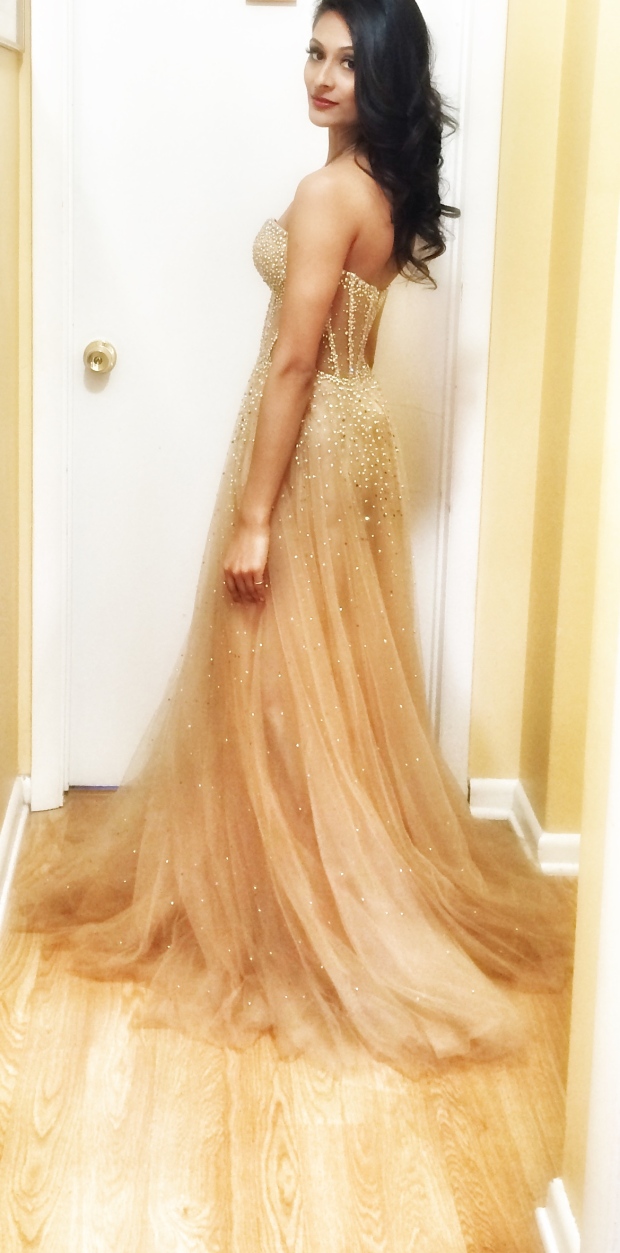For as long as I could remember, I have loved fairy tales and happy endings. I like to believe that they are the source of my innate optimism. But what I really have is the “Cinderella Syndrome”—propelled by years of chick flicks, Kinsella and Austen novels, and a consistent diet of 90s Bollywood rom-coms. Basically, unrealistic and sugar-coated scenarios that enforce the whole “all’s well that ends well” and “everyone gets a happy ending”, even though life is much more complex than that. It’s not necessarily about waiting for Prince Charming or the ideal gentlemen prototypes that every girl dreams of. It’s the idea ingrained into our adolescent, feeble minds that the perception of women is to be damsels in distress.
Recently, I came across this complex originally penned by Colette Dowling and learned that it becomes more apparent as we mature. Dowling describes it as “where a woman is beautiful, graceful, polite, supportive, hardworking, and independent” aka the Cinderella types, but she is not capable of changing her situations with her own actions. She relies on outliers, usually a strong male figure to save her and is afraid to forego her dependency on others.
See, Cinderella is the victim of her environment and endures the mistreatment of her stepmother and stepsisters till she receives aid from her fairy godmother. And she never seizes the opportunity to come forward with the one glass slipper she has till Prince Charming comes to her door. Or for example, take the basic premise of DDLJ, where the female protagonist, Simran, is trapped in a patriarchal household and culture. Forced to marry a guy she doesn’t even like and never takes a stand for herself till the hero comes to her rescue. Ever since I first saw it as a child, my mind has been warped into this false fantasy that a “Raj Malhotra” actually exists and will actually turn up at my door when I’m going through a rough patch. As if, right?
If you think about, it’s an archaic frame of mind. However, I constantly see women around me and sometimes myself falling prey to it. Recently, I heard a girlfriend say that “the best way to move on from one guy is to get under another”—which triggered my fascination by how much not just woman, but we as individuals (including men) rely on others for emotional detachment from situations.
When breakups happen, we tend to compensate the pain by distractions whether it’s hanging out more with friends and family or jumping back into the dating pool without closure at times. When failures happen, we tend to close off from the world and rely on materialistic comforts like partying, travelling, booze, shopping, gorging, oversleeping, etc. In any case, our minds want to constantly avoid the real issue on hand and let it keep lingering on. Why not approach it head on? Why are we so afraid to confront the voices from within? Why do we fall weak when it comes to letting go and being independent? Why do we choose to let others save us and let them make decisions that should be ours to make?
At times, it’s not even about waiting for a male figure to save us—it’s about not having enough confidence in our inner strength. We like to underestimate our resilience during the lull phases and over credit circumstances or unnatural forces when the life turns uphill. It’s great to be humble, but I’ve noticed that we’re so frightened to pat ourselves on the back when we conquer even the littlest battles.
It’s this weird thing about human beings, as soon as we think we’re drowning–we want someone to dive in and save us or at least throw in a life saver or wrap us up in a rescue jacket. The truth is that each one of us is capable of saving ourselves. When the tides get rougher, we have the ability to teach ourselves how to survive and swim through it.
The thing about fairy tales is that they’re not real and you can’t project them onto real life. As much as we deserve and crave happy endings, sometimes we don’t get them. And then we become these creatures that have dependency issues. And it’s okay to be vulnerable, optimist, idealistic and feel dejected because it means we’re still capable of dreaming and loving things. And it’s always alright to go through the same kind of pain over and over again because each time we learn something new about ourselves from it. But we shouldn’t let fear and insecurities cage in our ability to think and react independently. I always think it’s better to rebel a little like Ariel, overcome societal pressures like Mulan, or fall in love with an unconventional looking kind soul like Belle did than have a case of the Cinderella Syndrome no matter how Charming the Prince is.


Wow..I really enjoyed reading this one. Quite an eye opener..and you explained it so simply yet it was deep.
Keep it up..lovely post.
LikeLiked by 1 person
Thank you so much! Appreciate the support, enjoyed reading your YJHD post.
LikeLiked by 1 person